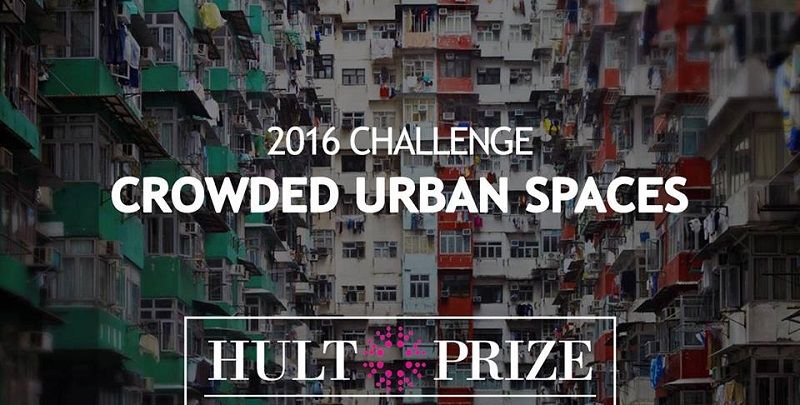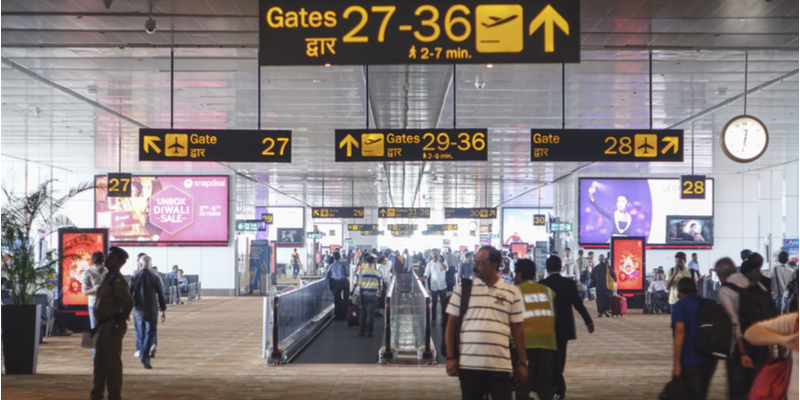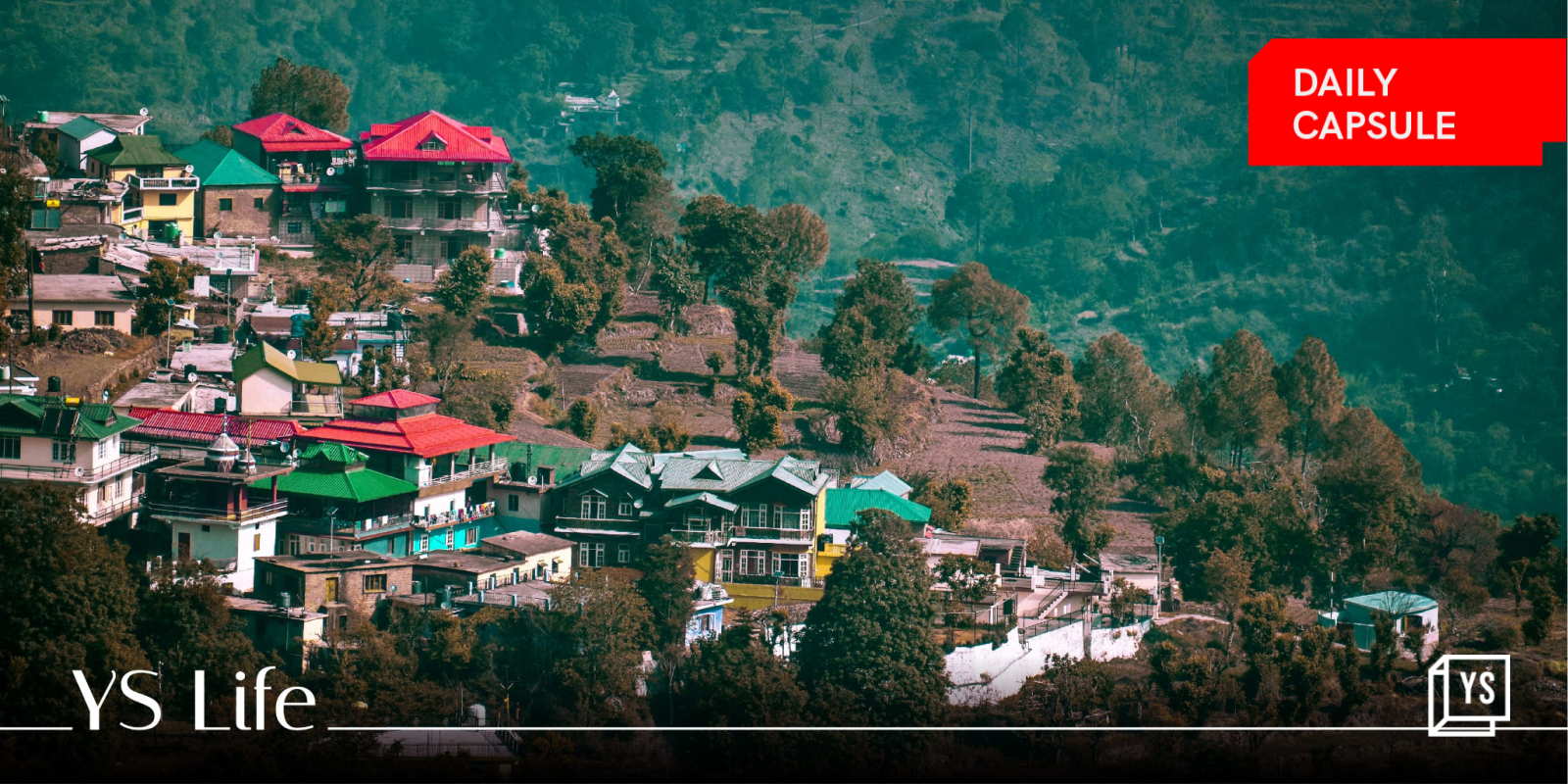4 social innovations which can change lives in urban slums of India
The Hult Prize India Chapter 2016 threw the challenge of coming up with strong scalable social enterprises that are built to double the income of millions residing in crowded urban spaces.
The number of people residing in urban spaces would rise to six billion in 2020, contributing more than 80 per cent of the global GDP.

Out of the more than 500 applications from 35 colleges across India, the following stood out for their ideation, creativity and integrity:
Aces – from machine learning to job creation
It was while having a conversation in a canteen when fourth-year students at IIT Kharagpur Lakshya Kalra, Anubhav Goyal, Anush Gupta and Shreshtha Mundra came up with an idea for employment of the urban slum-dwelling demographics during a canteen conversation.
The idea rather seems a jugglery of technicality, but is a simple effort when seen in a broader perspective. Machine learning as a technology needs an initial training data set to be given manually. This data set requires millions of inputs from people before machine can interpret and learn the data.
Team Aces aims to crowd source people who have time in their hands or a job without a set nine-to-five schedule. It would be giving them an opportunity to double their income. These could be maids, drivers or shopkeepers who can continue to do this inputting in their free time.
The team was ranked first in the India Chapter of the Hult Prize Challenge and is all set to represent the country in the global challenge in March.
Lakshya tells us the initiative was invoked by the desire to do something socially while believing in creating a sustainable social enterprise without the need of any grants or commission.
The income given works on a selective problem where the analyst might be paid according to the toughness of the data set or the time spent by the analyst. A part of the commission will be taken by the team on behalf of the analyst for making connect.
The team is in the phase of formulating and testing its plan in Kharagpur while developing a mobile app by mid-February.
Revolutiona3 – the localised aggregator of jobs
Vivek Abhichandani and Keerti Pendyal had not just their alma mater, IIM Calcutta, in common, but also a problem on not having enough data to start up. Pooja Bhatia, who has Vivek’s college mate, joined in and the trio soon started the quest to procure data.
Their solution at Hult Prize was to create a system which collects information about a demographic’s income and synthesises it. The system would now use that information to set targets of doubling the income of individuals at urban slums while connecting them to job opportunities in their area, in a localised manner.
According to Pooja, the system will have a voice interface to communicate, with no apps or website, focussing on the unskilled labour segment. The interface will work to reduce idle time, and crunch in more job opportunities which require two to three hours of time for odd work. Thus, one can call it a localised aggregator of jobs in a certain area.
The team is also keen to run its pilot in Delhi next month. It was awarded the first runner’s up position at the challenge.

Transcending Bizza – the food delivery for and by urban slums
This bunch of 23 year olds wanted to solve the food issue of the urban slums in Mumbai. So these first years, including Ajit Singh, from Jamnalal Bajaj Institute of Management Studies pursuing their Bachelors hit the urban slums of Dharavi, Colaba and Kalyan to assess and start a food delivery service.
They spoke to the local caterers and decided to employ women from households to cook the food. As a result they had two offerings which would cost Rs 30 and Rs 40 for the normal as well as premium model of thalis.
In order to impact more families they would recruit only one person from each household. An income of Rs 8,000 will be paid for delivery boys and procurers of groceries and basic goods, while Rs 13,000 will be paid to the cooks.
Ajit says that this would be more than what an individual earns on an average, through odd jobs, which is around Rs 5,000 to 6,000.
The team also plans to further tie up with the Jan Dhan Yojna to provide training to individuals on different ways to use their money wisely by opening recurring deposit accounts etc.
Nautical Part – the vocational trainers
While pursuing their one-year management course at IIM Ahmedabad, Satya Sunder Ghosh, Ashish Ahuja, Rohit Sharma and Vikas Diwvedi came to believe that vocational training is going to cause a revolution.
They came up with a way to take the demographic of the urban slums to the upper version of the learning curve through a two-spoke model. The platform they suggest will be an ecosystem of skilled labour that will act as an apprentice to the unskilled ones, teaching them the job on the go.
As for revenue, the platform will charge a basic fee of Rs 10 from all the customers.
Once successfully executed, the team also plans to take the idea to the next level by introducing the nominal and advance stages of the training where the team plans to tie up with polytechnic colleges and use their resources after working hours to teach vocational training. There will be a nominal fees of a few hundreds which will be attached to every stage of training.
Once they have created skilled individuals the team might charge a commission of five per cent on any income they generate for the work done. The team is also actively looking for tie-ups and might be incubated under the Centre for Innovation Incubation and Entrepreneurship cell of IIM-Ahmedabad.
With the competition being intense, these teams will represent India at the five regional finals to be held at Shanghai, Dubai, London, Boston, and San Francisco. With previous Indian enterprises already having won the global challenge, including Nanohealth from Hyderabad last year, it would be interesting to see if India again will be soaring high to make a mark on the global platform.











